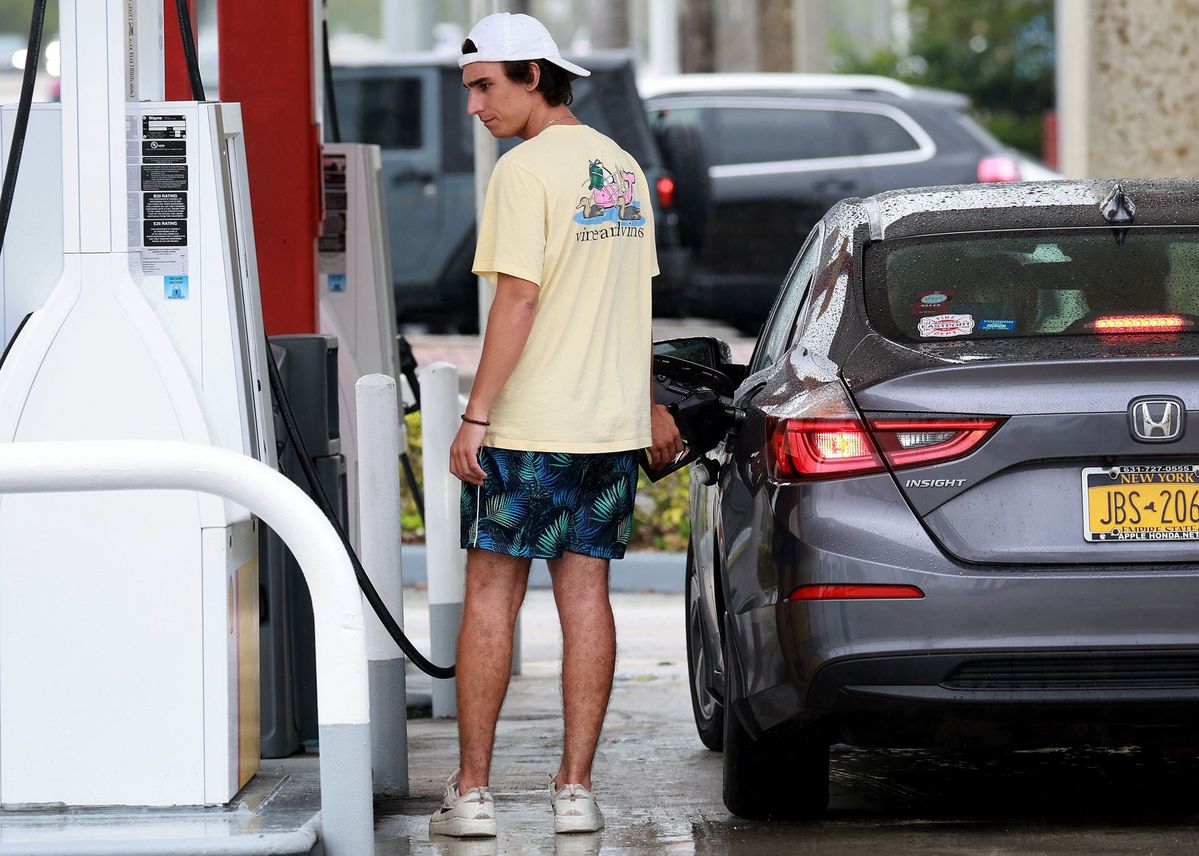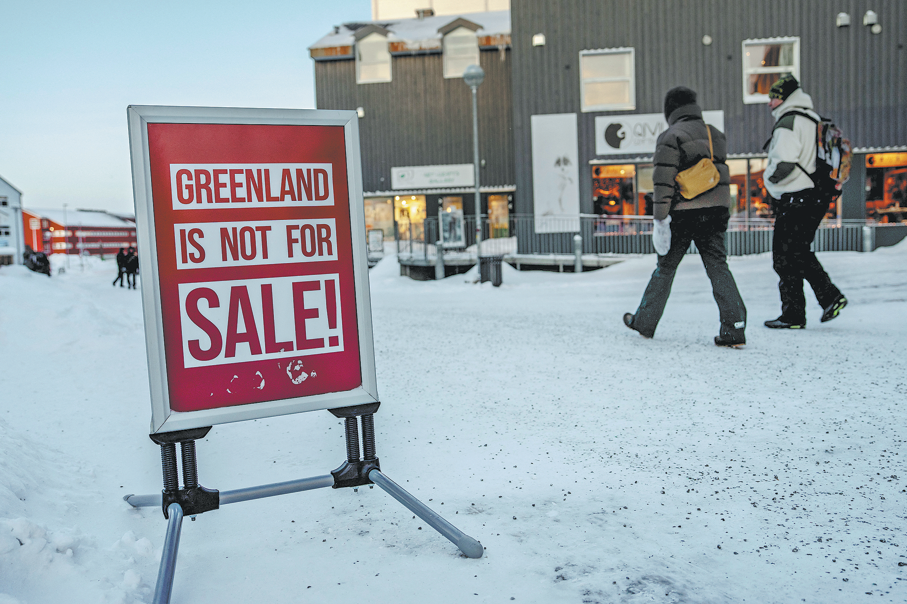Frackers in the US face series of constraints in easing fuel prices at the pumps


Supply chain issues, low inventory, a shortage of sand, and investor worries are preventing hydraulic frackers from immediately increasing production to help alleviate the rising cost of gasoline in the United States, according to independent domestic oil and petroleum producers.
The average price of regular-grade gasoline has risen by 79 cents in the past two weeks to a record $4.43 per gallon (3.78 liters), after the US and its allies imposed sanctions on Russian oil on March 8 due to the conflict with Ukraine.
In 2020, at least 7 percent of the petroleum used in the US came from Russia, the world's third-largest oil producer. Last year, the US bought about 3.3 percent of its crude oil from Russia.
US President Joe Biden has called for US oil and natural gas producers to do more to increase production and offset the price of Brent crude oil, which this month rose to $140 per barrel.
However, the Independent Petroleum Association of America, or IPAA, which represents independent oil and natural gas producers, said US companies face many hurdles in meeting current demand.
Barry Russell, president and CEO of the IPAA, said in a statement, "America's oil and natural gas companies stand ready for more responsible energy production here at home, for our nation and our worldwide allies, but those calls seem to go unanswered.
"This creates much uncertainty for companies that need to plan projects that may take a year or more ... Now is the time to create solutions that get the nation back on track to energy and national security."
Since 1947, fracking in the US has created 1.7 million wells that have produced more than 7 billion barrels of oil and 600 trillion cubic feet of natural gas, according to the IPAA.
Fracking is a drilling process in which high-pressure solutions of water, chemicals and sand are injected into shale deposits to release oil, natural gas, geothermal energy or water. The drilling method has triggered controversy, as it has been linked to earthquakes, pollution and other problems.
The US is the world's top oil producer, with 11.6 million barrels a day, according to the Energy Information Administration, but domestic oil and gas producers say fracking has been slow to help lower gas prices for several reasons.
Supplies of sand are constrained, slowing the pace of work for some oil drillers and cutting into the bottom line.
Rystad Energy, an independent energy research and business intelligence company, said the cost of sand for fracking has reached "unheard of" heights in the industry's modern history. Spot prices have risen by between $50 and $70 a metric ton compared with last year, when the sand cost $20 to $25 per ton.
Michael Oestmann, CEO of Tall City Exploration, which operates in the Permian Basin in west Texas, the largest shale region in the US, told Reuters: "We can't get enough sand. We're running fewer than the number of (fracking) stages we could pump in a day because we've run out of sand. Ultimately, this will slow everyone down if it doesn't resolve itself."
Some US investors are also reluctant to become involved after shale drillers lost billions of dollars in recent decades.
Many US oilfields do not have enough fracking equipment, as it is either in use or outdated after capital was drained from the fossil fuel industry. There are also widespread shortages of labor.
The Biden administration has said it aims to decarbonize the nation's economy by 2050 by getting rid of fossil fuels and suspending new federal oil and gas leases.
The IPAA said that if Biden focused instead on long-term support for the US oil and gas industry, this would reduce dependency on foreign oil.
Russell added: "One of the world's most powerful tactics against rising energy costs is secure, affordable, reliable American oil and natural gas production. The United States is a global leader in oil and natural gas production, and this should be encouraged. But recently, federal regulations and policies seem to ignore this opportunity."
































